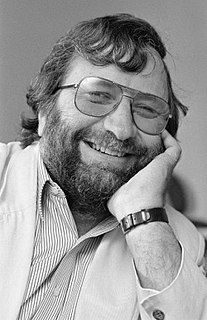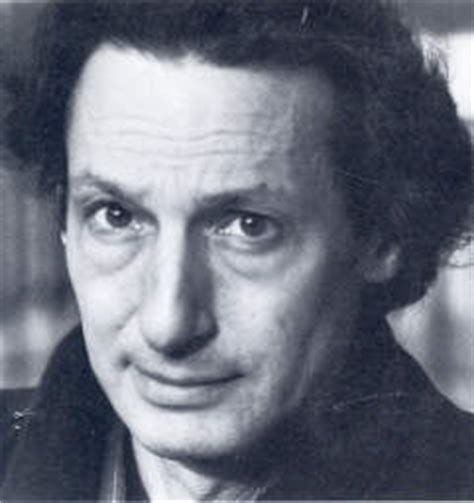A Quote by Tom Stoppard
The idea that anybody might be allowed to use their common sense when clearly no harm is being done is part of history now.
Related Quotes
No sin, especially no great sin, is just a harm done to the individual who commits it. I believe myself that the future of the human race is bound up with that idea. The soul that is conscious of a grievous sin is conscious of a great harm done to the community - to someone else. That common hurt should now be forgiven.
There is no nation on the continent of Europe that is less able to do harm to England, and there isno nation on the continent of Europe to whom we are less able to do harm, than Russia.We are so separate that it seems impossible that the two nations, by the use of reason or common sense at all, could possibly be brought into conflict with each other.
I am opposing it with an idea of the history of philosophy as a history of philosophers, that is, a history of mortal, fragile and limited creatures like you and I. I am against the idea of clean, clearly distinct epochs in the history of philosophy or indeed in anything else. I think that history is always messy, contingent, plural and material. I am against the constant revenge of idealism in how we think about history.
The Supreme Court said nothing about silliness, but I suspect it may play more of a role than one might suppose. People are, if anything, more touchy about being thought silly than they are about being thought unjust... Probably the first slave ship, with Negroes lying in chains on its decks, seemed commonsensical to the owners who operated it and to the planters who patronized it. But such a vessel would not be in the realm of common sense today. The only sense that is common, in the long run, is the sense of change.
If we want the freedom to take part in our bit of differentness, then we must allow others their rights to take part in theirs, as long as they do not harm the person or property of a non-consenting other, of course. IT'S JUST common sense. It's also constitutional and it forms the cornerstone of the American ideal: free individual expression, tolerance and compassion.
Basically everything I've done in art, I was in possession of when I was 20 years old. I use a waste retrieval method of working. I'll go back and use something that disgusted me 15 years ago but that I had enough sense to think about. Some artists change dramatically. I see my work more like history being written.
Historians constantly rewrite history, reinterpreting (reorganizing) the records of the past. So, too, when the brain's coherent responses become part of a memory, they are organized anew as part of the structure of consciousness. What makes them memories is that they become part of that structure and thus form part of the sense of self; my sense of self derives from a certainty that my experiences refer back to me, the individual who is having them. Hence the sense of the past, of history, of memory, is in part the creation of the self.





































